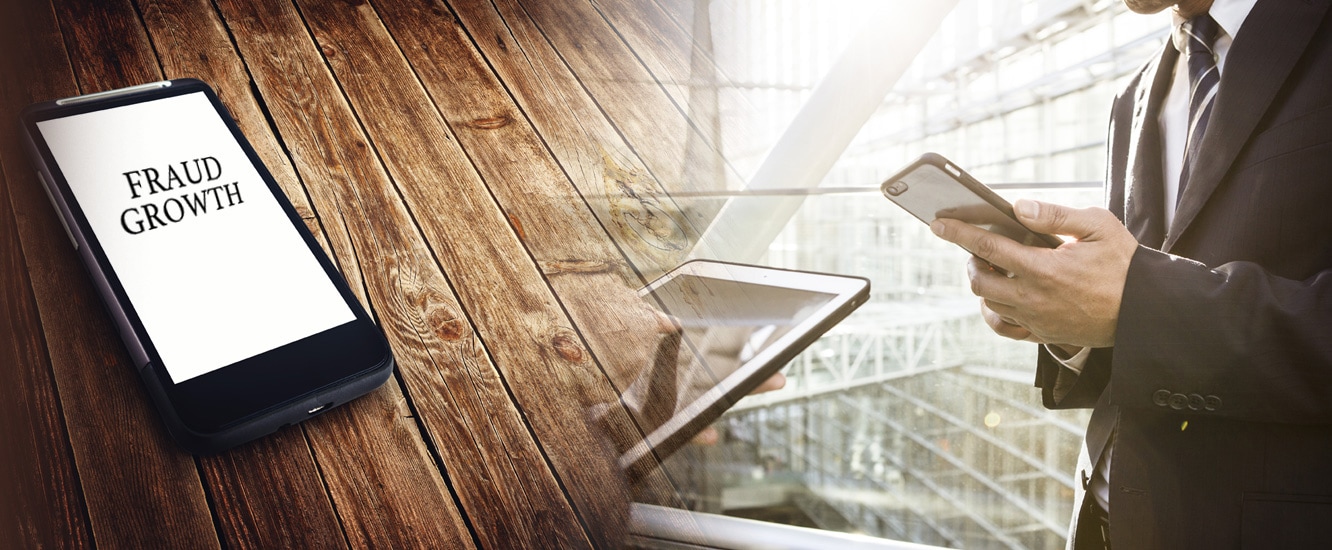The scams deluge that flourished during the COVID-19 pandemic and proliferates yet today has heightened the public’s fraud anxiety. Rampant fraud is also reshaping individuals’ expectations about organizations’ obligations to protect them – and the compromises they are willing to make to enhance security – according to a new consumer fraud study by AI and analytics leader SAS.
Based on a survey of 13,500 consumers in 16 countries, Faces of Fraud: Consumer Experiences With Fraud and What It Means for Businessesreveals the immensity of the global fraud problem:
• Most consumers (70%) reported having experienced fraud at least once. Four in 10 indicated they have fallen victim to fraud twice or more.
• Nearly half (47%) said they experienced more fraud in 2022 compared to previously.
• Almost nine in 10 (86%) admitted to being more wary of fraud than in the past.
The most common fraud strategies reported by survey respondents were attempts to obtain banking details or personal data. Mobile phones and email emerged as the communications channels most often used by fraudsters to make initial contact.
“When fraudsters are successful in their exploits, organizations in highly targeted industries like banking, insurance, government, retail and telecommunications serve as unwitting conduits for criminal activity,” said Stu Bradley, Senior Vice President of Risk, Fraud and Compliance at SAS.
“Given that two-thirds of the consumers surveyed said they would change service providers due to fraud or if another provider offered better fraud protections, the potential consequences of inaction are substantial and should not be ignored.
The give and take of evolving customer expectations
Consumers’ shifting attitudes underscore the importance of robust fraud defenses, with 89% of respondents indicating that organizations should be doing more to protect against fraud. The silver lining for businesses? Most of their customers are willing to sacrifice some convenience for stronger safeguards:
• Three-quarters said they would agree to more delays and checks in transactions for better fraud protection.
• Eight in 10 are willing to use biometric methods like facial recognition, hand geometry, retinal identification or voice recognition for payments and transactions. Further, more than half (57%) prefer to use unique identifiers like biometrics to authenticate at time of transaction versus remembering fixed passwords.
• Seven in 10 expressed a willingness to share more personal data (e.g., location, behavior, etc.) with service providers on the basis they use this information to boost anti-fraud measures.



